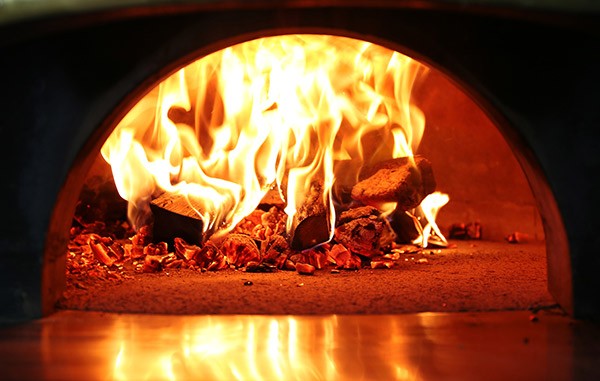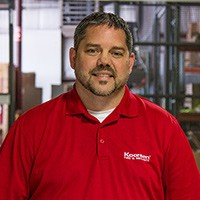Fire Facts: How to Prevent a Kitchen Disaster

As a restaurant owner, you are well aware of fire disasters that can happen at any establishment. But, like most owners, you may not understand just how often these disasters occur, or how much damage a fire can cause:
- When examining a 4-year span, the National Fire Protection Association (NFPA), found there were 7,640 structural fires in eating and drinking establishments, resulting in more than $246 million in property damages.
- According to FEMA, on average, a fire in a commercial kitchen will result in an average loss of $23,000. For about 43 percent of those restaurants, that fire caused a total loss, forcing the restaurant to shut its doors.
While fire fatalities are far less common than they used to be, property losses due to kitchen fires continue to be a real issue for owners - one that requires consistent staff training and higher equipment standards than ever before.
Revisiting common fire hazards
Cramped kitchens with staff speedily moving in and out, combined with open flames, heat, and combustible material put commercial kitchens at unique kind of fire risk.
Not surprisingly, cooking was by far the leading cause of non-residential building fires from 2006-2015 and appears to be on the rise. While the two most-common cooking-related fire hazards in commercial kitchens seem obvious, they are important reminders for all owners to watch carefully and can be avoided with regular cleaning:
Ductwork and exhaust hoods - When combined with airflow, poorly-maintained exhaust hoods and ductwork can turn a minor fire from a cooking appliance into a raging inferno. At approximately 700 degrees Fahrenheit, built-up residue on an exhaust system becomes combustible. With cooking-appliance flare ups often reaching more than 1,800 degrees, it is easy to see how hood grease residues can ignite and spread throughout an entire duct system.
Grease traps - Grease is present in any commercial kitchen and its highly-combustible nature is well-known. A careless kitchen, however, has the presence of grease traps - large amounts near heated equipment. This presents an obvious fire hazard and is one of the most overlooked (but easy to avoid) causes of fire.
Other less-obvious fire hazards present in commercial kitchens include:
- Highly-combustible stocks of paper goods (food boxes, napkins, etc.) that are not properly stored away from heat and flames
- Cloth and clothing that is not secure - staff clothing, potholders, dish towels - are all potential fire hazards if it comes in contact with an open flame or heated appliance
- Cooking appliances left on when not in use, especially when no staff is present
- Spontaneous combustion due to overheating of oils in fryers
Even if your awareness is high and you run a clean, up-to-standard kitchen, you are never free of human error. Making sure your staff recognizes these and other hazards and having safety procedures in place to address them will help with fire prevention. If a fire does occur, every person in your kitchen should already know how your fire suppression system works and have received adequate training in how to operate a fire extinguisher to react quickly and help minimize damage.
While most owners never think a fire will happen at their establishment, the statistics tell us it can happen anywhere, at any time. It's important to take inventory of your cleanliness, processes and equipment on a routine basis to ensure there is not an obvious hazard staring you in the face. If you are not confident in how your kitchen is equipped for fire safety, utilizing a fire and life safety company can also aid in making sure that your kitchen is prepared at all times.
 Billy Findley is the Vice President of General Products at Koorsen Fire and Security. Family-owned and founded in Indianapolis, the company now serves 28 markets.
Billy Findley is the Vice President of General Products at Koorsen Fire and Security. Family-owned and founded in Indianapolis, the company now serves 28 markets.